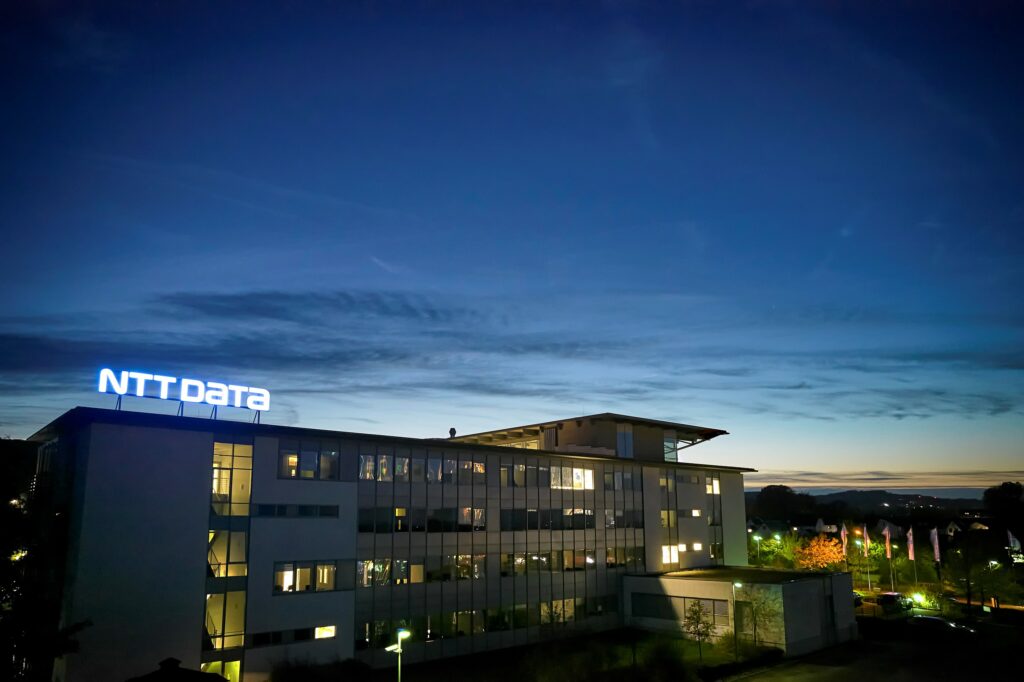There isn’t a day that goes by at the moment where there isn’t yet another round of Big Tech layoffs. Fuelled by a hiring storm during the COVID-19 pandemic, technology firms are now re-balancing the books in light of significant economic headwinds.
Indeed, analyst Canalys predicts that in 2023, the top 25 tech vendors will cut their collective headcount by nine percent worldwide. This equates to 190,000 people. Back in November 2022, Canalys predicted Amazon, Microsoft, Salesforce and Google would account for a combined 43,000 redundancies; the figure currently totals around 48,000, making the projection on track.
But there’s one company that’s bucking the trend: ServiceNow, which is actively choosing not to lay off any workers. CEO Bill McDermott has pledged there will be “absolutely no layoffs in 2023.”
“More than ever before, purpose matters,” Michael Park, CMO at ServiceNow tells ERP Today. “We have an accountability to our employees to make sure that we stay focused for the purpose that we’re all paid and hired to do. And we’re going to protect that to make sure that we can continue to deliver on the value…to our customers, and ultimately, our shareholders. By contrast, there’s a lot of companies laying off a lot of people right now.”
How can ServiceNow fulfill its promise of no layoffs?
It is a bold move, but one that begs the question of how ServiceNow can manage to retain its workforce when so many other tech firms are making hundreds, even thousands, of employees redundant.
Firstly, the company said they didn’t partake in the COVID hiring frenzy seen among other software vendors. ServiceNow increased its headcount from 14,000+ employees to approximately 20,500+ employees in the two years between 2021 and 2023.
A spokesperson told us that even before the pandemic, ServiceNow looked at hiring and growth “with rigor and discipline.”
“In July 2022, we warned of the macro environment slowing, and we shifted immediately to a cost management posture,” they said. “This allowed us to focus on execution, rather than look to workforce reductions. We also continued hiring with a priority focus on positions that were customer-facing, including engineers to create code and quota-carrying salespeople.”
That, they said, put it in the position of “a strong, sustainable business that puts people first.”
But what is ServiceNow doing, in practical terms, to offset the cost of employing an expanded workforce? How can it enable everyone to keep their job in the current environment?
“We’ve focused on growth and profitability, not ‘growth at all costs’,” the company told ERP Today. “We’ve always been disciplined with our financial decisions, which helped put us in the position we’re in today.”
This includes running much of its HR tech capabilities on its Now Platform, which it said allows it to stay cost-effective and agile. The company added it saved 10,700 hours a year and $1.23 million in annual cost avoidance using its onboarding technology. It also recently launched FrED, its own learning experience platform whereby employees “can build skills for today while preparing for the future.”
ServiceNow also claims it has created “a unique culture” that is purpose driven. “We’ve found that when employees are connected to something bigger than they are and believe in the purpose, wellbeing and goals are intrinsically connected. Within our purpose sits our People Pact — our employee value proposition to live our best lives, do our best work, and fulfill our purpose together,” it said.
That culture appears to be paying off: Glassdoor ranked ServiceNow ninth out of the top 100 “Best Places to Work” lists for 2023, jumping from number 23 last year. It also ranked second in the UK, staying in the top three out of the 50 best places to work.
The approach also seems to be benefiting the bottom line. In Q4, the firm beat guidance with subscription revenue growth of 27.5 percent when adjusted for constant currency. Its operating margin was 28 percent, two points above its guidance, while boasting 126 deals greater than $1 million, alongside a 98 percent renewal rate.
“For us, it’s very much like ‘let’s not be a victim of the environment’,” comments CMO Park. “Let’s use the environment with a positive attitude to lean into the value we can create, and help people see that it’s not as bad as it looks. There’s value that can be created in a positive way and let’s bring some positive energy to the world.”




